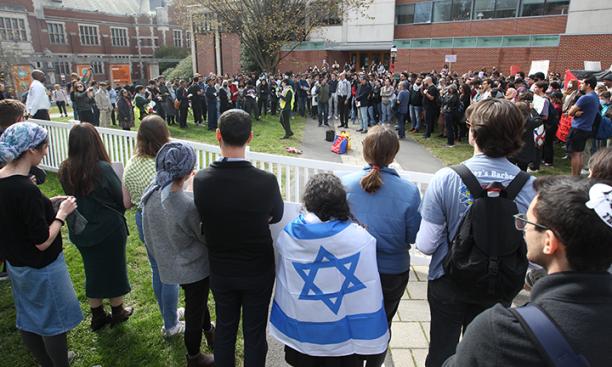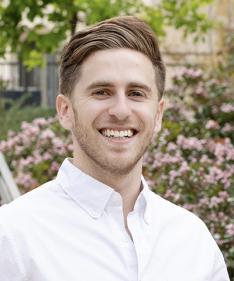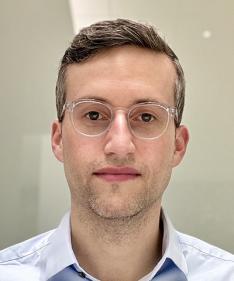
As PAW has compellingly demonstrated in recent recent articles, Hamas’ barbarous attacks on Israeli citizens hit close to home for many Princetonians. But the attacks’ aftermath has reached us all. Skyrocketing antisemitism has reverberated around the globe, and sure enough, it made its way through FitzRandolph Gate. Following two student-led pro-Intifada rallies, concerned students reached out to alumni about unchecked antisemitism on campus.
Our recent open letter about antisemitism on campus has been signed by more than 1,800 alumni, students, faculty, and staff. The letter speaks for itself, and we do not purport to represent those who signed it. That said, we are compelled to describe the writing process and the feedback we have received post-publication — both of which tell a story about the University we cherish and the values it must fight to revive.Our earliest drafts were reviewed by more than a dozen exceedingly talented alumni. Free speech lawyers, long-time peace activists, and prominent CEOs opined on the letter’s blindspots. Their criticisms were often sharp, unforgiving, and perfectly placed. We had a “Princeton moment” — a sense that we were fortunate to be surrounded by brilliant minds who enthusiastically pursued social progress.
As we spent long hours collaborating and sharing the letter, we learned that each of us had a personal connection to fighting antisemitism. Growing up as a Jew in Venezuela, Leon was accustomed to bomb threats, swastika graffiti, and violent crime plaguing his community. He named his first son after his grandfather — a survivor of the Nazi death camp, Auschwitz-Birkenau. Jacob, also the grandson of Holocaust survivors, was an IDF soldier whose unit has helped defend Israel from Hamas in 2018 and 2019. To us, antisemitic violence is not a nightmare that lies at the bottom of a slippery slope argument; it is a living, breathing evil which must be decisively confronted.
As emphasized above, we do not purport to speak for other signatories. But based on their personal, heartfelt feedback, it became clear that many shared a similar perspective. Both their lived experiences and historical knowledge compelled them to sign with haste. In fact, many were emphatic that the letter does not adequately reflect their degree of shock at recent campus events.As alumni, we want current students to guide campus discourse. We had our turn, and now it is theirs. But as Princeton occupies a prominent place in both our personal identities and our national conversation, we have reason to make our voices heard when something is awry. And when exasperated students turn to us and other alumni for help, something is awry.
They ask if it has always been like this: if students were always afraid to share their political views; if professors and mental health counselors were always this openly partisan; if protestors and counter-protestors always shouted from opposite lips of a canyon.
Many alumni have indicated a resounding answer: No. One writes, “I don’t remember any of this back in my Princeton years of the early ’70s.” Another told us, “It is a sad devolution from the open environment Princeton used to be.” A ’90s graduate said she is “terribly disappointed in Princeton … for the first time in over 30 years.”
As proud advocates of free speech, it was paramount we thread the needle between condemning certain speech without advocating for its suppression. We are not in the business of turning down the temperature on campus; the Israel-Hamas war elicits a spectrum of emotions, and students’ dialogue ought to accommodate them all.
But we strongly believe that there is room for leadership amid the back and forth. Leaders are meant to be beacons of moral clarity. They are meant to remind us of the principles which initially drew us together. Amongst those values, two feel particularly absent: Respect for our interlocutors’ opinions, and respect for our interlocutors, period. Vigorous, sharp, and even offensive debate can still proceed. But when our arguments are needlessly laden with tropes, slurs, and even cases of physical harassment, we have lost our way.
With the utmost respect and highest expectations for our beloved alma mater, we beseech University administration: be a leading voice against antisemitism. Not only is it your moral imperative to do so, but it is also aligned with your expressed values. President Eisgruber recently told us all to confront racism “wherever and whenever” it rears its head. According to more than 1,800 Princeton University community members, that time is now.


